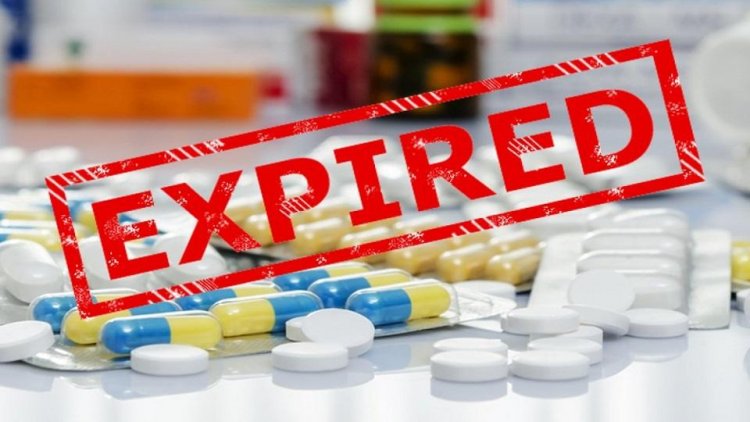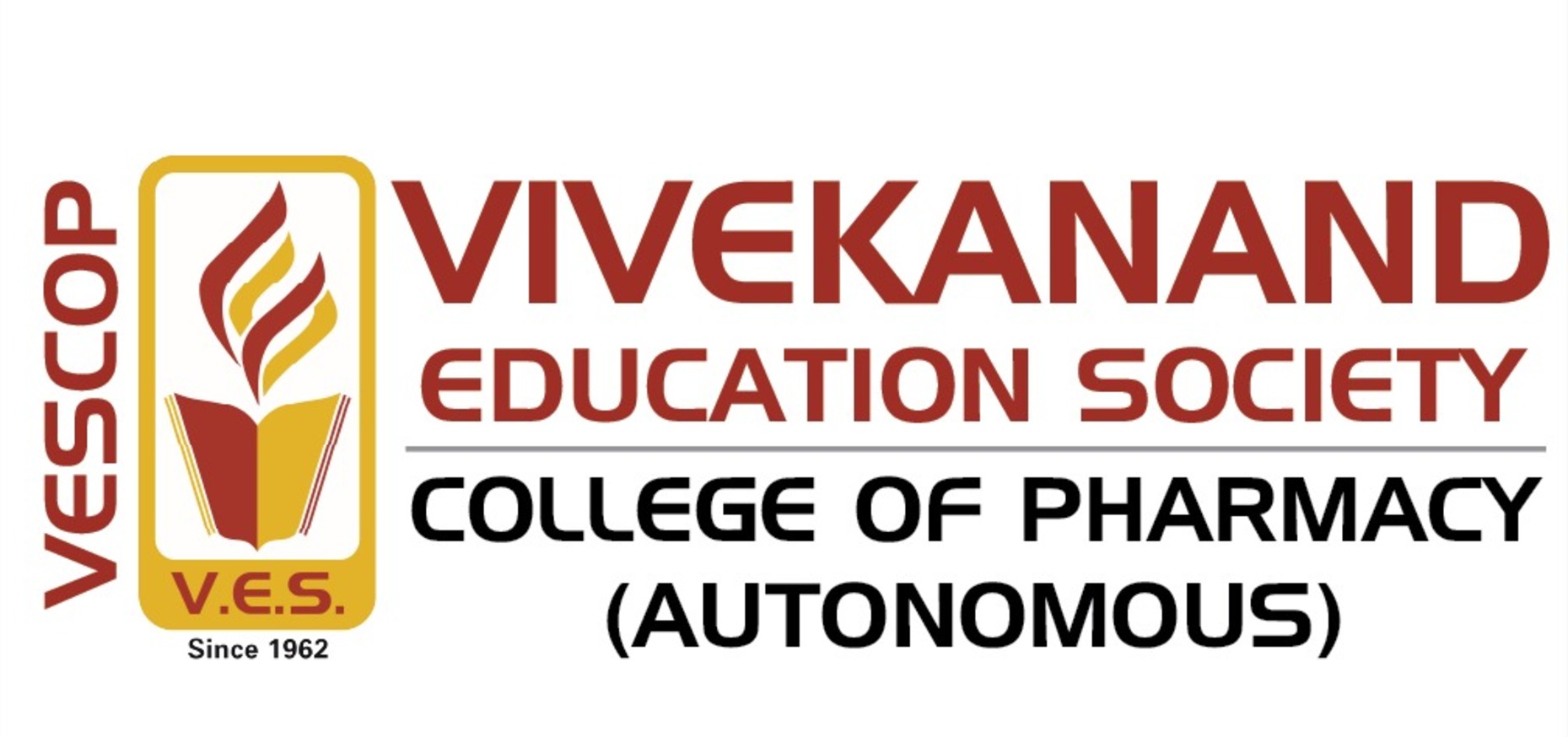
How do I dispose unused or expired medicine?
By Dr. Nutan Rao
Associate Professor (Department of Pharmaceutical Chemistry)
Vivekanand Education Society’s
College of Pharmacy
Associate Professor (Department of Pharmaceutical Chemistry)
Vivekanand Education Society’s College of Pharmacy
Since ages mankind has come across so many diseases
and to treat them, a vast variety of medicines. With the increasing populations
and number of medicines, there always arises a question ‘How do I dispose
unused or expired medicine?
Disposal of daily household or office biodegradable
and non-biodegradable waste is a normal routine. The same cannot be followed
for the disposal of medicines. Unused or expired medicines do possess RISK,
if they’re taken by someone they weren’t prescribed for. HARM, if accidentally
taken by a child or pet. DANGER, or even death, if not used as directed. Hence
safe disposal of medicines before they can cause any harm is a prerequisite. Food and drug administration (FDA) has come to our
rescue and has provided several guidelines by which the unused or expired medicines
can be disposed off.
If there is no drug take-back location nearby and the
medicine is not on the Flush List, it can be simply disposed in the trash. For
medicines meant to be disposed in the trash, FDA recommends mixing them with an
unappealing substance such as dirt, cat litter, or used coffee grounds. The mixture
can be placed in a sealed plastic bag before throwing it away. All information
on the prescription label of empty medicine bottles or medicine packaging
should be scratched, and then the empty bottle or packaging can be trashed
or recycled.
Another way out for
unused medicines is to donate the medicines to the needy ones. Poor sections of
society are not able to purchase the medicines due to the inadequate finances.
Unused medicines/surplus medicines can be donated to reliable organizations. For
donation of surplus medicines in Mumbai, https://sharemeds.in/donate-medicines/ can be accessed for
the locations. Their objectives are to bridge the gap between surplus community
and deficit community, to ensure that surplus medicine is utilised in the
correct manner, to ensure that the underprivilege community is not devoid of
proper medical care and to reduce medical waste. Their tagline is rightly
depicting their work. “Tiny Drops of water make an Ocean”.
 022 – 6114 4144
022 – 6114 4144 vescop@ves.ac.in
vescop@ves.ac.in